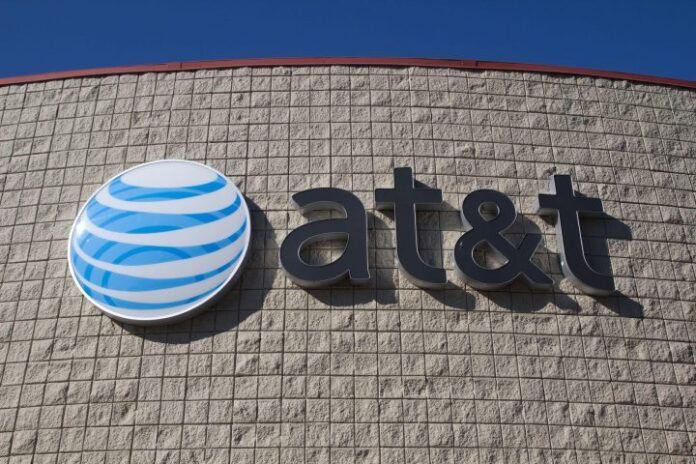AT&T has a major focus on IoT with major investments in consumer-facing products and industial products like its Global SIM, which has tremendous utility in verticals like container shipping. In that a connected vehicle is considered a subset of the Internet of Things, AT&T is also active in that space with its Drive Studio.
With most projections agreeing that we’ll have something like 50 billion devices connected to our various networks by the year 2020, I wanted to give you an idea of what AT&T is doing with IoT.
On this episode of HetNet Happenings, we’re going to take a look at the Digital Life product line, which is geared toward smart home automation and security. This is something I’ve used a good deal and it really is a useful product. Betsy Francis, AT&T Mobility AVP of sales and marketing for the Digital Life, gives an overview of Digital Life products, and discusses what the next evolution of smart home tech might look like.
Smart home has been an early hit when it comes to IoT deployment. And, as I mentioned earlier, another big area of adoption has been in your vehicle.
While the ultimate end of the connected car is fully autonomous driving, we’re years away from seeing that widespread, particularly at the consumer level. But, in the meantime, connectivity is changing the way we interact with our vehicles from entertainment platforms to safety measures.
AT&T built what it calls the Drive Studio in Atlanta to develop connected vehicle solutions and let automakers come in to collaborate on the solutions that best fit their designs.
Todd Rose, the lead product development manager for AT&T Drive, takes us through the company’s connected car platform. In addition to taking a look at some of the solutions that have come out of the Drive Studio, we’re also going to hear about how this can be integrated with smart home technology to offer a really interesting experience for the end user.
For previous episodes of HetNet Happenings and other RCRtv productions, click here.

